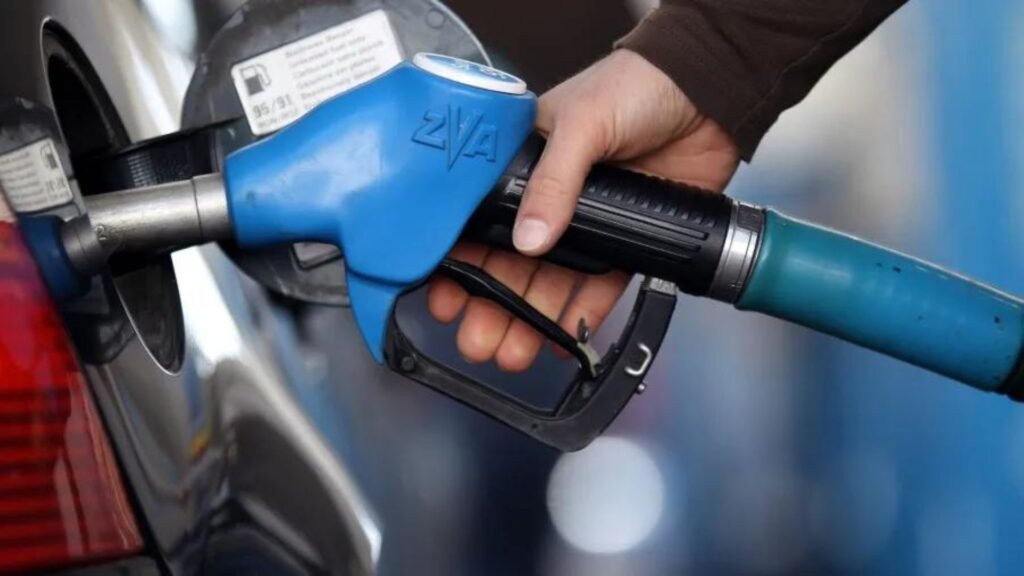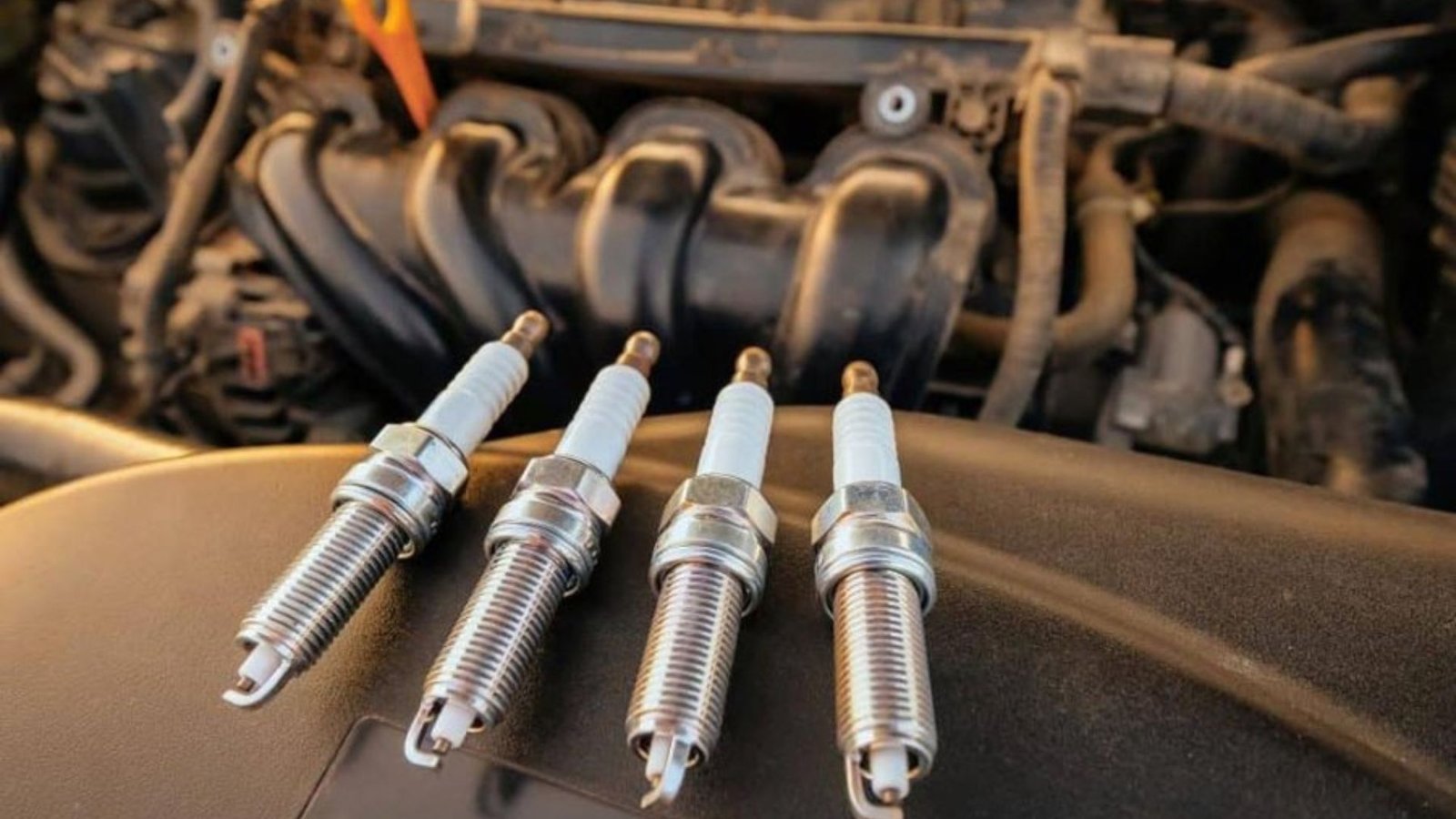Improving your car engine’s performance can make your driving experience more enjoyable and efficient. Whether you want better acceleration, higher horsepower, or improved fuel economy, there are several effective ways to boost your engine’s capabilities. Here are the best strategies for improving your car engine’s performance.
1. Upgrade the Air Filter
An upgraded air filter can significantly impact improving your car engine’s performance. A high-performance air filter allows better airflow into the engine, which enhances combustion and power output. Consider replacing your standard filter with a high-flow filter to experience noticeable gains in engine efficiency.

2. Install a Performance Exhaust System
A performance exhaust system can enhance your engine’s output by reducing back pressure and improving exhaust flow. This upgrade helps the engine breathe better, leading to increased horsepower and torque. For effectively improving your car engine’s performance, invest in a quality performance exhaust system.
3. Use High-Quality Motor Oil
Using high-quality motor oil is crucial for improving your car engine’s performance. Premium oils reduce friction between engine parts, which helps in smoother operation and better fuel efficiency. Regularly changing your motor oil with a high-grade option ensures your engine runs at its best.
4. Upgrade the Spark Plugs
Spark plugs play a key role in the combustion process. Upgrading to high-performance spark plugs can improve ignition efficiency and engine power. This small change can make a big difference in improving your car engine’s performance, providing smoother acceleration and better fuel combustion.
5. Check and Improve Tire Pressure
While not directly related to the engine, proper tire pressure affects overall vehicle performance. Ensuring your tires are properly inflated reduces rolling resistance, which indirectly benefits improving your car engine’s performance. Regularly check tire pressure and maintain it according to manufacturer recommendations.
6. Perform Regular Engine Tune-Ups
Routine engine tune-ups are essential for improving your car engine’s performance. Tune-ups involve checking and adjusting various engine components to ensure they operate efficiently. This includes inspecting fuel injectors, ignition systems, and other crucial parts that affect engine performance.
7. Upgrade the Fuel System
Improving your car’s fuel system can lead to better engine performance. Consider installing high-performance fuel injectors or a performance fuel pump. These upgrades enhance fuel delivery, which contributes to more efficient combustion and overall improved engine performance.
8. Clean the Throttle Body
The throttle body controls the amount of air entering the engine. Over time, it can become dirty and affect engine performance. Cleaning the throttle body can help in improving your engine’s performance by ensuring optimal airflow and more responsive acceleration.
9. Use a Performance ECU Tune
A performance ECU (Engine Control Unit) tune adjusts the engine’s software settings to optimize performance. This modification can increase horsepower, improve throttle response, and enhance fuel efficiency. For a significant boost in improving your engine’s performance, consider investing in a professional ECU tune.
10. Install a Cold Air Intake
A cold air intake system replaces the factory air intake, allowing cooler air to enter the engine. Cooler air is denser and contains more oxygen, which improves combustion and engine performance. Installing a cold air intake is a popular method for improving your engine’s performance.
11. Maintain Proper Engine Timing
Engine timing ensures that the engine’s valves open and close at the right moments. Proper timing is crucial for improving your engine’s performance. Regularly check and adjust the engine timing to ensure optimal performance and prevent issues like misfires or reduced power.
12. Replace Old Engine Components
Worn-out engine components can hinder performance. Replacing old parts, such as timing belts, water pumps, and gaskets, can help in improving your engine’s performance. Regularly inspect and replace components that show signs of wear to maintain optimal engine function.
13. Improve Engine Cooling
Keeping your engine cool is essential for maintaining performance. Ensure that your cooling system, including the radiator and coolant, is in good condition. Proper cooling helps prevent overheating, which can negatively impact improving your engine’s performance.
14. Use Quality Fuel
High-quality fuel can make a difference in engine performance. It burns cleaner and provides better combustion, leading to improved power and efficiency. For the best results in improving your car engine’s performance, use premium or recommended fuel grades as specified by your vehicle’s manufacturer.
Conclusion
Improving your car engine’s performance involves a combination of upgrades, regular maintenance, and using high-quality parts. By following these tips, you can enhance your engine’s efficiency, power, and overall driving experience. Whether you’re looking for more horsepower or better fuel economy, these strategies will help you achieve your performance goals and keep your car running at its best.

